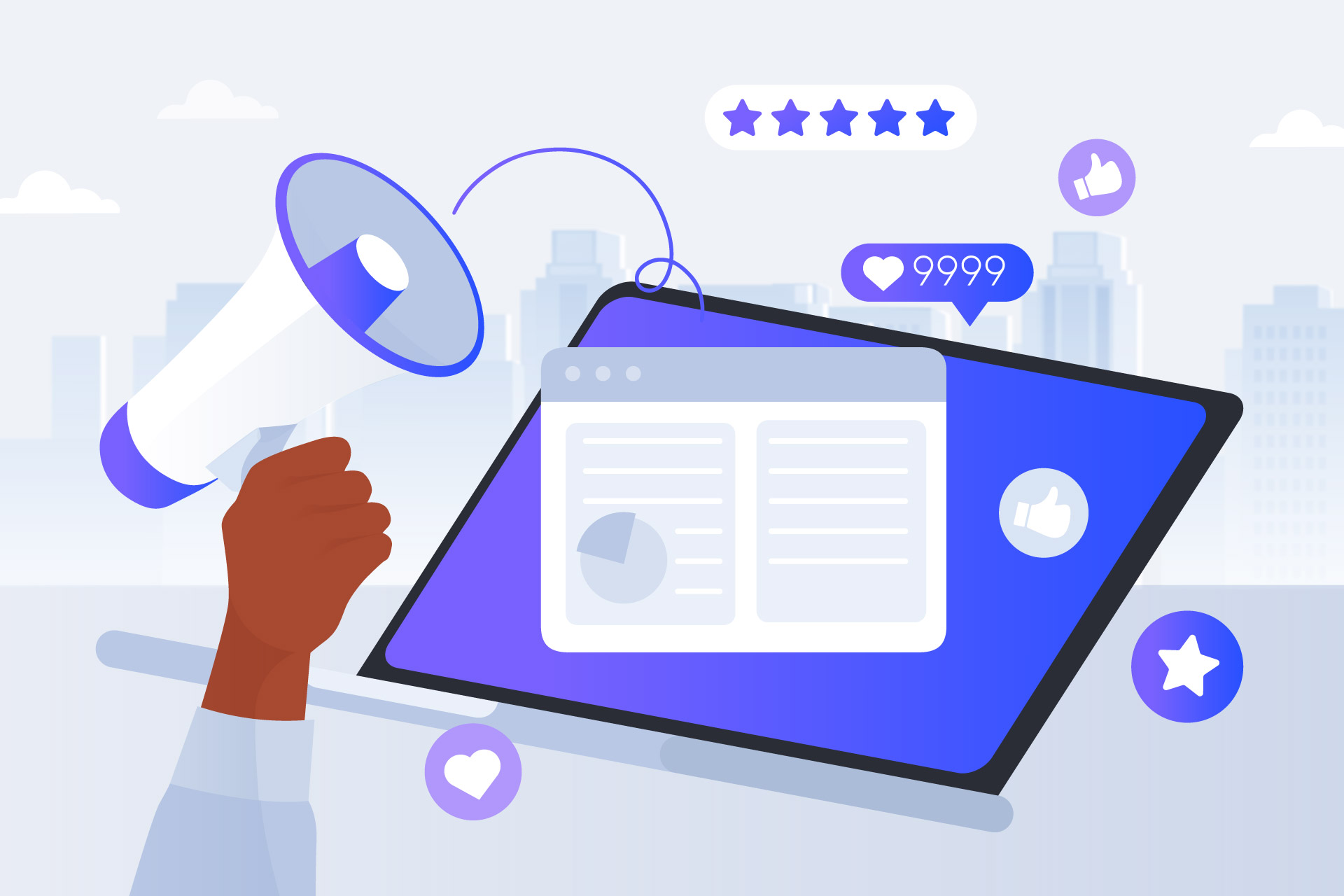What Is e-Commerce?

Ecommerce (or electronic commerce) is the process of selling goods and services on the internet in an online store.
The concept turns brick-and-mortar stores into digital storefronts. People from all over the world can purchase your products and services with online shopping.
Building an e-commerce business involves a business model that includes:
- What you’ll sell
- Who your target audience is
- How you’ll facilitate sales
- How you’ll attract customers with advertising and marketing, etc.
Billions of consumers make online purchases every day in almost any category. They enjoy choice and convenience.
If you have a unique product line or a key differentiator, it could be a great time to start an ecommerce business.
Essence and principles of ecommerce businesses
The basics of ecommerce include:
- Selling products or services online via an ecommerce website
- Using ecommerce platforms to build a store for online sales and mobile commerce
- Attracting and converting customers with digital marketing tactics
Types of ecommerce
Different types of e-commerce business models for online stores include:
- Business to business (B2B). Sales of goods and services are from one company to another.
- Business to consumer (B2C). Online sales transpire between businesses and consumers.
- Consumer to consumer (C2C). Online transactions occur between two parties who are not businesses.
- Consumer to business (C2B). Consumers who are experts sell services to businesses.
- Business to government (B2G). Businesses provide goods and services to government agencies.
- Customer to government (C2G). Consumers sell to government agencies.
- Government to customer (G2C). Governments sell to consumers.
Opportunities and scalability
Many factors influence the successful launch and sustainability of your online business.
With the right products, online shop setup, and targeted marketing, you can build your own ecommerce store that attracts many consumers.
Opportunities in ecommerce
With an online store, you can offer your own products and goods to a global audience, either wholesale or online retail.
You can showcase digital products and physical products within an ecommerce store. It lets customers see all you have to offer in one spot.
Ecommerce stores are also much less costly to run compared to a physical store because you don’t have overhead expenses like rent.
Ecommerce scalability
To scale your e-commerce store, you’ll need:
- A reliable ecommerce platform for managing orders, deliveries, and payment processing
- A scalable server to run your online store at a low cost
- A secure and positive user experience
Steps for a successful start in the ecommerce industry
To begin to sell online with an ecommerce business, follow these steps for success:
- Create your ecommerce website using a platform designed to make it easy and look good on desktop and mobile devices.
- Choose a domain name that’s relevant to your ecommerce company niche and target audience.
- Determine how you’ll handle inventory with supply chain management and select suppliers and manufacturers.
- Develop a plan to account for taxes in ecommerce.
- Outline how you will fulfill delivery to customers, including dropshipping.
- Add all your products to your ecommerce website with appropriate descriptions and tags.
- Set up the backend for how you’ll process payments for your business online.
- Implement data security and privacy best practices to protect customer data and online transactions.
- Ensure shoppers can find your online store using digital marketing tactics like search engine optimization (SEO).
- Promote your online business with marketing and advertising tactics, such as display ads, paid search, social media, and more.
NEXT BASKET can support you through your online retail sales with software, services, and more.
Creating an e-shop as a channel for online sales
As a merchant, you can use several online channels for sales.
You can use your own website, a site that’s part of an online store platform, or online marketplaces.
Use all channels wisely to make the most of your venture, no matter if you’re running a dropshipping business, digitizing your brick-and-mortar business, or starting directly with retail ecommerce sales.
Accounting and taxes in ecommerce
As an online merchant, you still must pay taxes and keep records for accounting. Find out what taxes you need to charge customers and remit before you launch your ecommerce website.
For help with this, you can consult with the NEXT BASKET team.
Personal data privacy policy
Your online store will also need a personal data privacy policy.
It’s a legal obligation that defines how you collect and use personal data provided by customers.
Tools, competencies, and factors for online business success

The success of your ecommerce business involves many factors.
These steps are essential in creating an ecommerce website:
- Set up web hosting: Your ecommerce website needs a host to live on the internet.
- Build an online store: Creating an ecommerce shop requires a website menu, product categories, and other features to showcase items.
- Select an ecommerce platform: This is where you manage all the content for your store.
- Find a payment processor: You need a solution for secure ecommerce transactions with a reputable payment processor.
- Integrate with shipping companies and other marketing software: Linking different systems together keeps processes streamlined.
Frequently Asked Questions
What is an ecommerce business?
An ecommerce business generates revenue by selling its products or services online. You can run an ecommerce business from one website or multiple online channels.
What can e-commerce businesses sell?
You can sell physical goods and online services in an online store.
What is an ecommerce site?
It’s a digital storefront on the internet. It enables transactions between buyers and businesses online.
Contact us now!